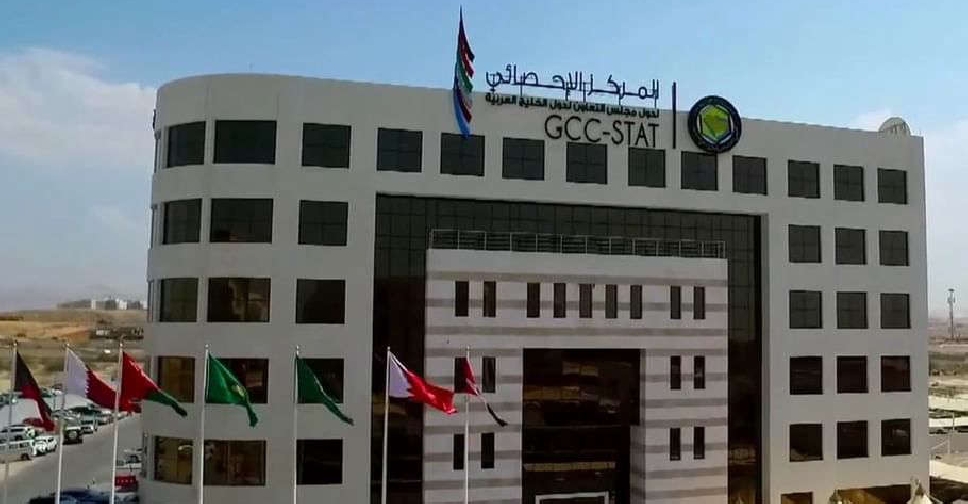
The value added by the travel and tourism sector to the gross domestic product (GDP) of the Gulf Cooperation Council (GCC) countries reached $247.1 billion in 2024, up 31.9 per cent from 2019, according to the GCC Statistical Centre.
The sector’s contribution to the GCC GDP is projected to reach 13.3 per cent by 2034, equivalent to $371.2 billion, underscoring tourism's growing role as a key driver of economic, social and environmental development.
The data, published in a report titled “Tourism in the GCC: A Gateway to Development and Sustainable Transformation” to mark World Tourism Day, showed that tourism is one of the region’s main engines for creating direct and indirect jobs. In 2024, its contribution to employment was valued at $4.3 billion, up 24.9 per cent from 2019. By 2034, the sector is expected to generate around 1.3 million new jobs.
In 2024, the sector’s value added to employment amounted to $4.3 billion, a growth of 24.9 per cent compared to 2019. It is further expected that the sector will generate around 1.3 million new jobs by 2034.
The sector also serves as a platform for empowerment, boosting youth and women’s participation in the labour market. Women accounted for 13 per cent of the sector’s workforce in 2024, reflecting a growth of 73.2 per cent since 2019.
GCC countries have witnessed positive developments in sustainable tourism, with a strong commitment to preserving natural resources and advancing the concept of eco-tourism. The proportion of natural reserves (terrestrial and marine) across the GCC stood at 19 per cent of the total area in 2023, representing a 7.5 per cent increase compared with 2022.
Tourism has also strengthened intra-GCC integration, with intra-GCC tourism up 52.1 per cent in 2024 compared with 2019. Around 19.3 million tourists travelled within the GCC that year, representing 26.7 per cent of total international visitors.



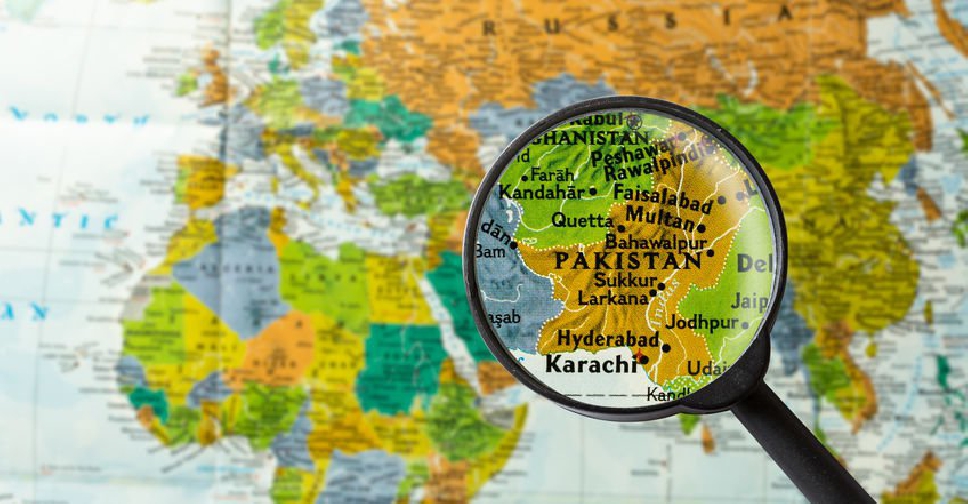 World Bank approves $700 million for Pakistan's economic stability
World Bank approves $700 million for Pakistan's economic stability
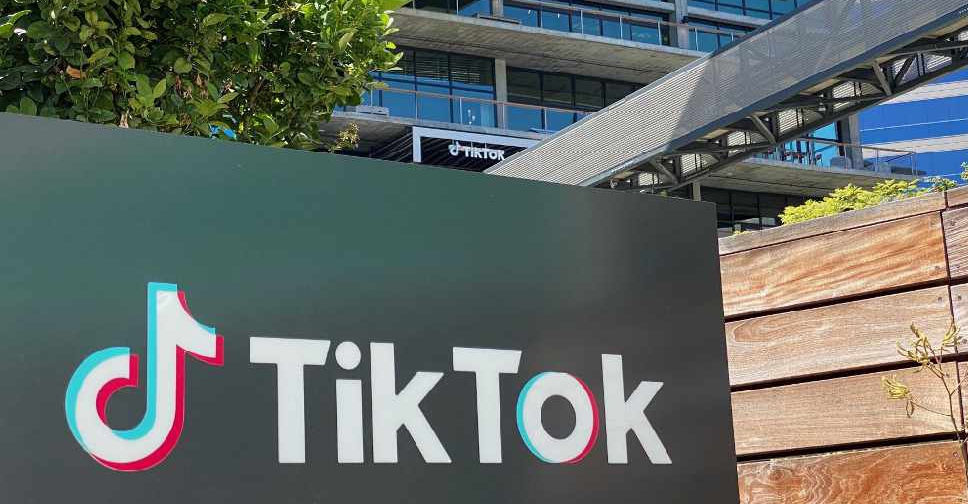 China's ByteDance signs deal to form joint venture to operate TikTok US app
China's ByteDance signs deal to form joint venture to operate TikTok US app
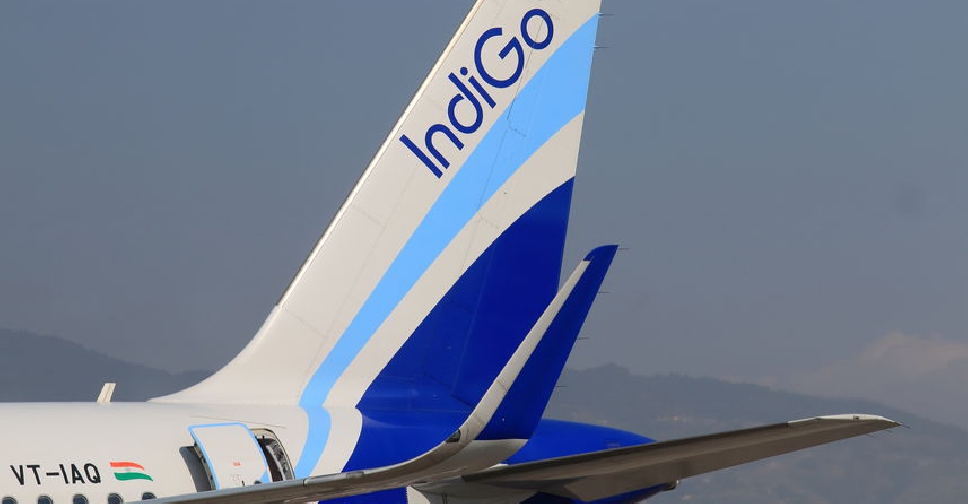 India reviewing allegations of antitrust breaches by IndiGo
India reviewing allegations of antitrust breaches by IndiGo
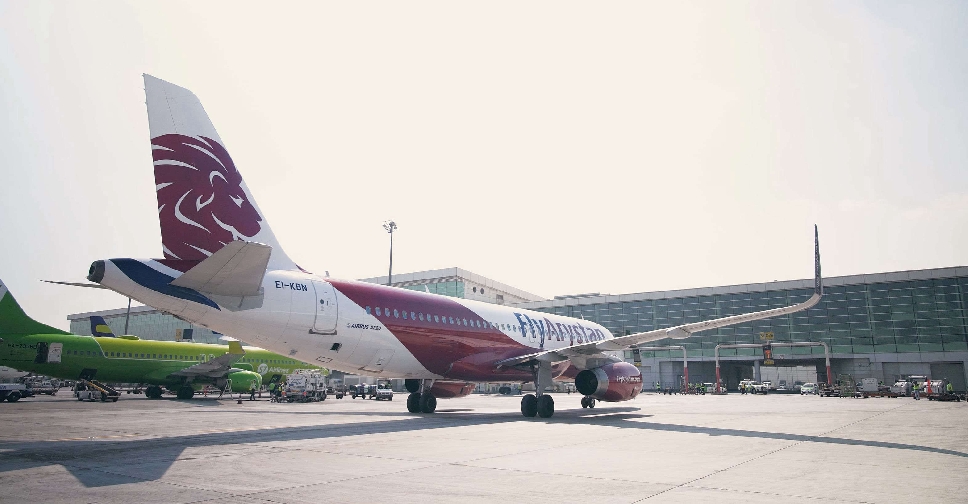 DXB and DWC boost winter schedules with new routes
DXB and DWC boost winter schedules with new routes
 Amazon in talks to invest in OpenAI
Amazon in talks to invest in OpenAI






